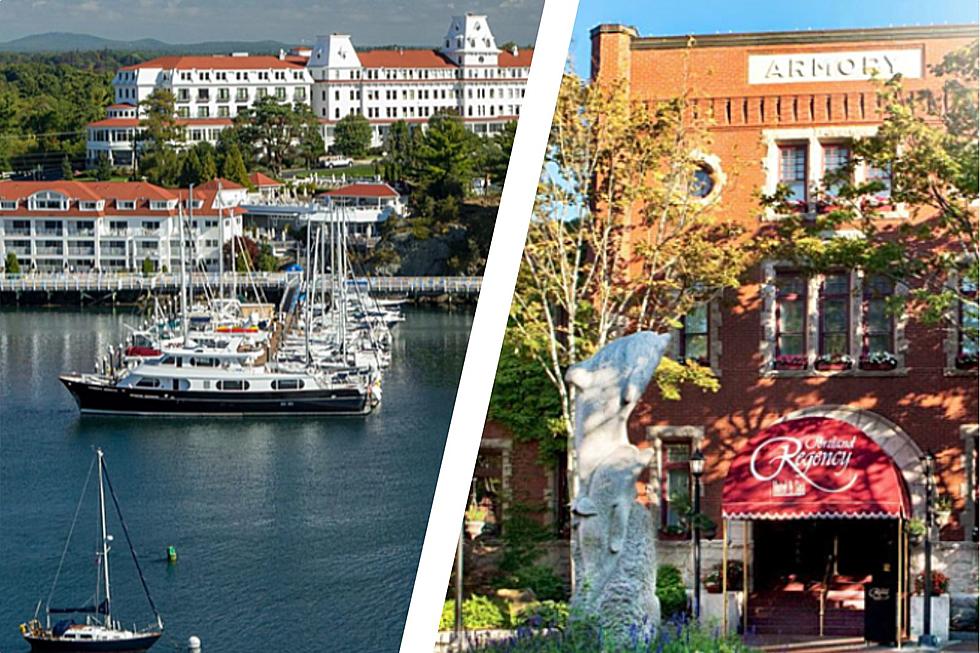
It’s Election Day in Maine – Let’s Break Down What We’re Voting On
You've seen all the ads on TV, heard them on the radio, had your mailbox full of flyers and people knocking on your door for the past few months all trying to convince you how to vote on election day in Maine. That day has finally come and it's time to cast your ballot, so let's take a look at exactly how this year's three questions are worded.
Question 1:
Do you want to ban the construction of high-impact electric transmission lines in the Upper Kennebec Region and to require the Legislature to approve all other such projects anywhere in Maine, both retroactively to 2020, and to require the Legislature, retroactively to 2014, to approve by a two-thirds vote such projects using public land?
This is the referendum that has gotten the most publicity this year as both sides of the issue have very passionate feelings about it.
Opponents claim it has a high environmental impact on the area while proponents say it will help reduce carbon emissions in Maine.
A yes vote means that you want to stop the current construction of electric transmission lines in Maine deemed as "high-impact" and require a two-thirds vote of each state legislative chamber to approve these types of projects. A no vote means you want the project to continue.
Question 2:
Do you favor a $100,000,000 bond issue to build or improve roads, bridges, railroads, airports, transit facilities and ports and make other transportation investments, to be used to leverage an estimated $253,000,000 in federal and other funds?
There are always bond issues on Maine ballots every election year and most of the time these pass. There's a running joke that Mainers have never seen a bond issue they didn't like.
A yes vote means you want the state to spend $100 million to improve Maine's infrastructure which would give Maine around $253 million in federal and other funds. A no vote means you don't want the state to spend the money.
Question 3:
Do you favor amending the Constitution of Maine to declare that all individuals have a natural, inherent and unalienable right to grow, raise, harvest, produce and consume the food of their own choosing for their own nourishment, sustenance, bodily health and well-being?
This might be the most confusing ballot question this year because of its wording. It seeks to create a Maine constitutional amendment to put in writing Mainer's right to grow and harvest their own food to eat. If passed, Maine would be the first state to have a constitutional amendment like this.
The opponents to this measure are those who feel this will impact animal rights protection.
A yes vote means you want to make growing and harvesting your own food to eat a constitutional right in Maine. A no vote means you don't.
However you feel about these issues, just make sure your voice is heard and you get out and vote. To find your polling location, tap the link below and go vote today.


